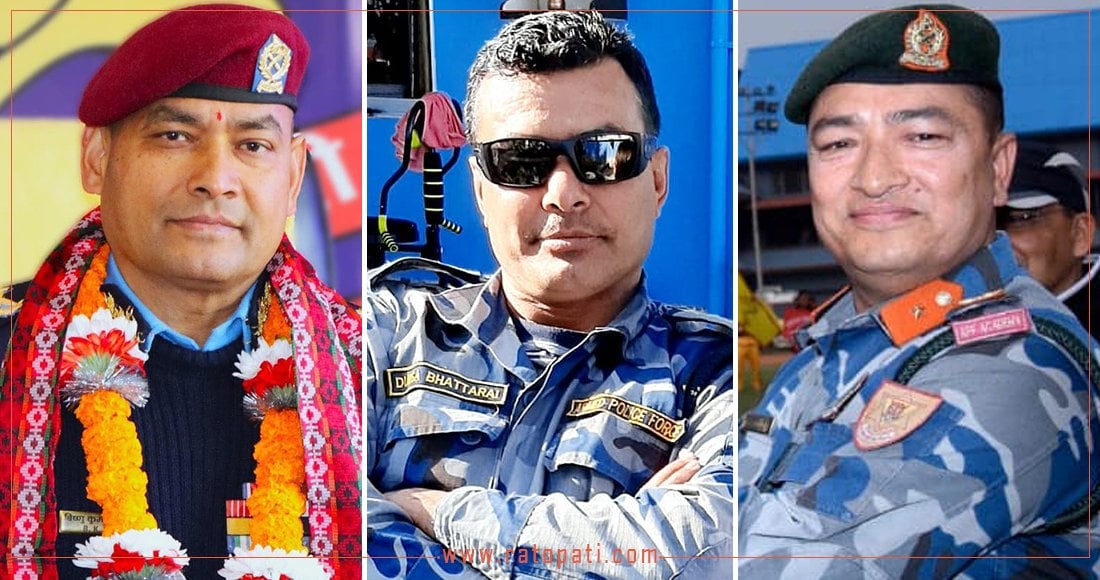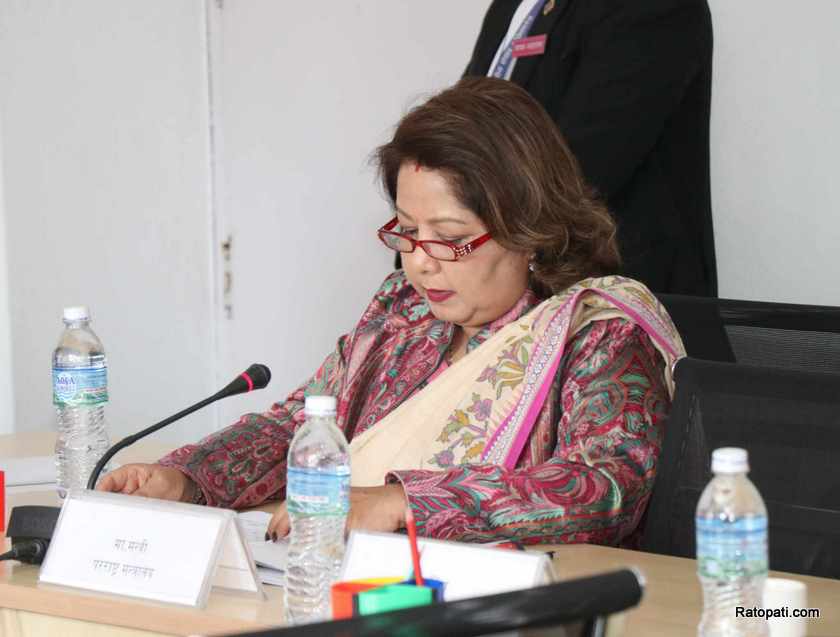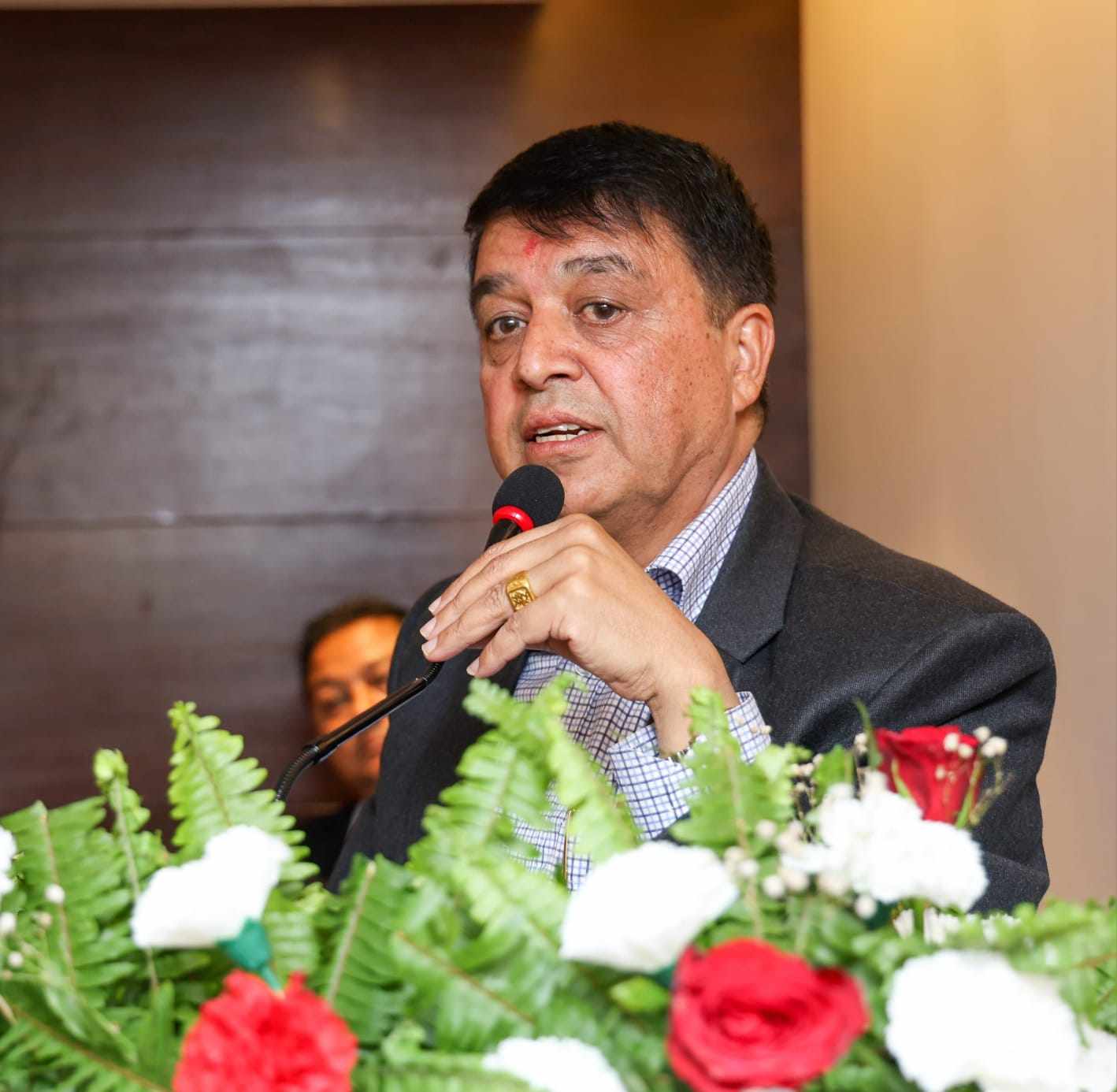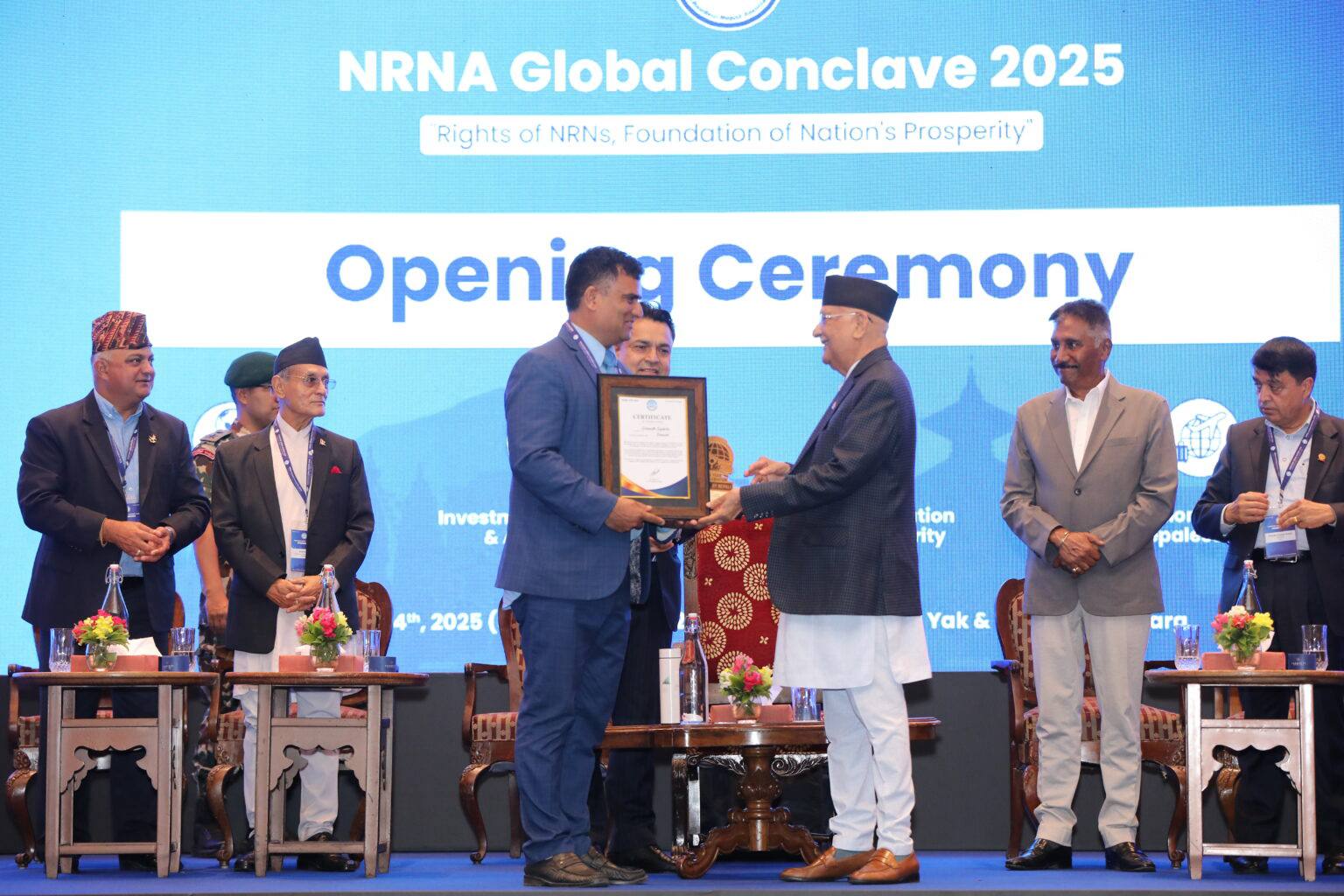30-Year service rule draws flak as senior police officers retire

Kathmandu, August 11: A large number of high-ranking officers in the Nepal Police and the Armed Police Force are set to retire soon. Officers who joined the police on August 31, 1994, will retire starting August 31, 2024.
When the Maoists launched an armed insurgency in 1996, these officers, then serving as Assistant Sub Inspectors (ASIs), were undergoing training. Some of them, known as the ‘Team 105’, were inducted into the armed forces, fought against Maoist guerrillas during the insurgency the war, and are now retiring after completing 30 years of service.
This group initially joined as ASIs and some were even promoted to Deputy Inspector Generals (DIGs). Among this team, 15 individuals lost their lives during the armed rebellion. The team, which trained in Kathmandu, Bharatpur, and Biratnagar, consisted of 432 members.
In the Nepal Police, 90 officers, including DIG Bishnu Kumar KC and 11 Senior Superintendents of Police (SSPs) from Bagmati Province, are retiring. The retiring SSPs are Dineshraj Mainali, Bel Bahadur Pandey, Rabi Paudel, Jeevan Shrestha, Kisan Singh Thapa, Rewati Dhakal, Chandradev Rai, Naveen Rai, Rabindra Regmi, Dilli Raj Bista, and Beer Bahadur Oli. Additionally, Superintendents of Police (SP) Awadesh Bista, Krishna Prasain, and Hira Bahadur Pandey are also retiring. This totals 90 retirements, including Deputy Superintendents of Police (DSPs).
In the Armed Police Force, 18 individuals, including DIGs Abhi Khatri and Durga Bhattarai, are also retiring. DIG Khatri, a member of the 105 Team who joined the armed forces, currently heads the Bindhyabasini Brigade in Kapilvastu district. Armed Police Force spokesperson (DIG) Kumar Neupane confirmed that 18 officers, who were transferred to the Armed Police Force from the Nepal Police, are set to retire. This includes Senior Superintendent (SP) of Armed Police Bishwo Bhattarai and 15 DSPs.
The retiring police officers are between 50 and 52 years old. Former DIG Hemant Malla commented that the retirement of senior officers at a relatively young age due to the 30-year service requirement results in a loss of skilled and experienced personnel for both organizations. He advocates for removing the provision of mandatory 30-year retirement.
Although there has been ongoing debate about eliminating the 30-year service period, no consensus has been reached due to differing opinions among political leaders and within the organizations themselves.
To fill the vacant upper-level positions, new inspectors need to be recruited. Police officers estimate that producing one inspector costs around Rs four million. Former DIG Malla warned that the early retirement of security officers places a financial burden on the state.










Leave Comment